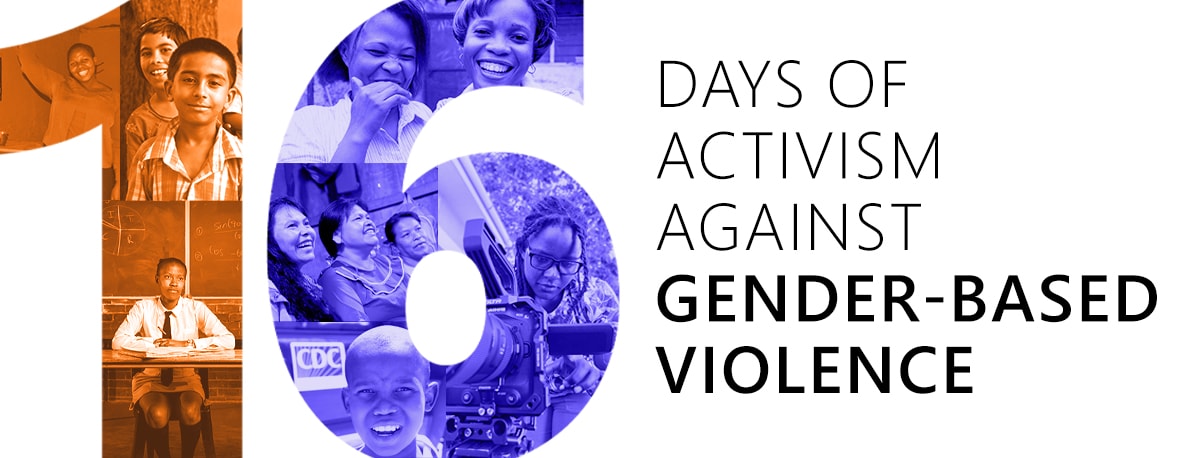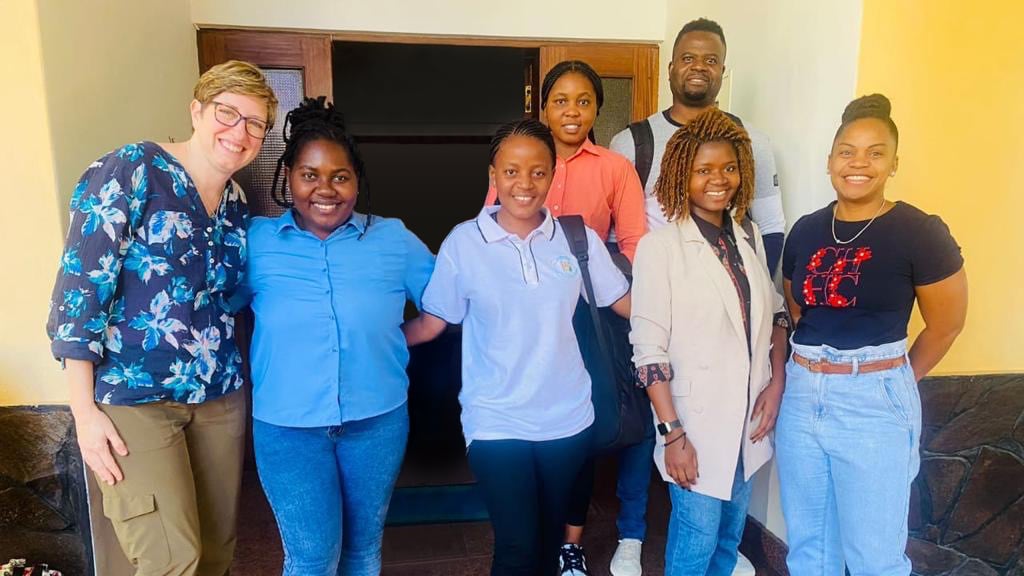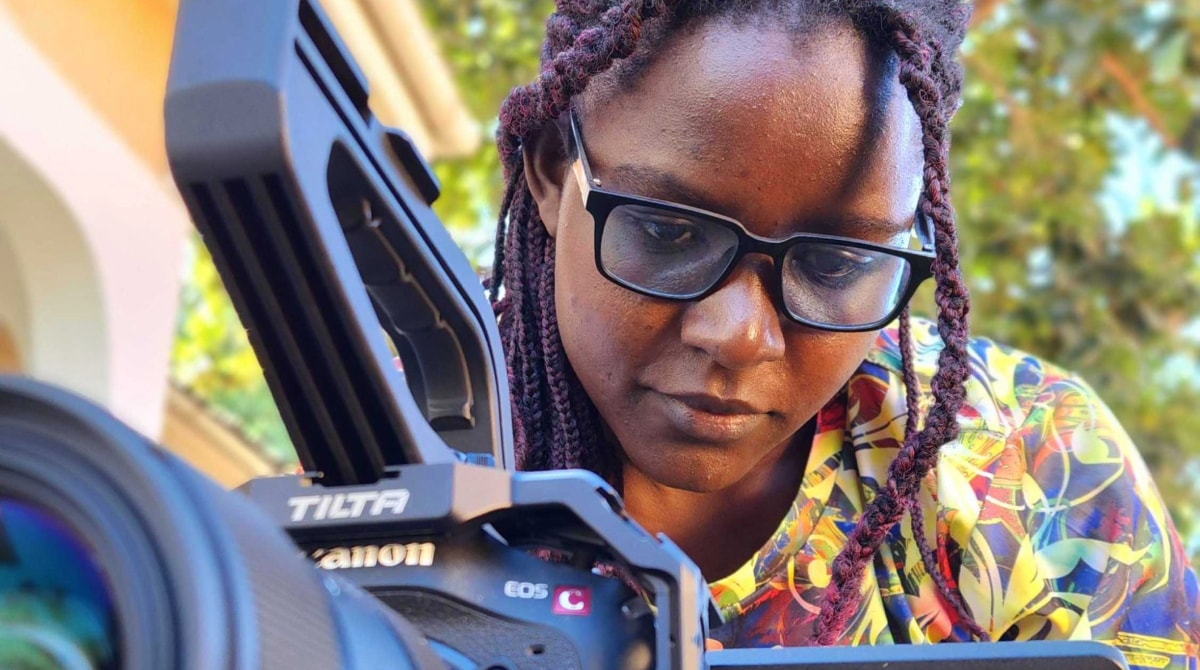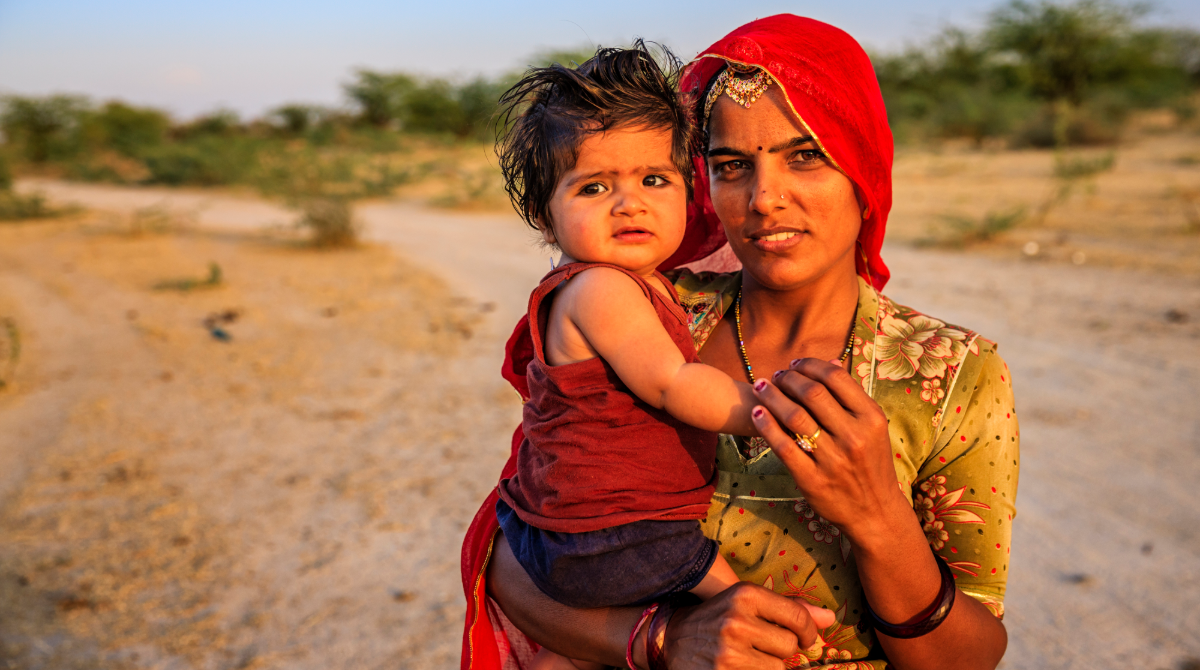Key points
CDC affirms its commitment to preventing and responding to violence during the 16 Days of Activism Against Gender-Based Violence campaign. The campaign is observed annually from November 25 to December 10.

Overview
With support from the U.S. President's Emergency Plan for AIDS Relief (PEPFAR), CDC works with partners in 46 countries to achieve global targets to end the HIV epidemic. Although progress is being made, some people, including adolescent girls and young women, bear a disproportionate burden of HIV.
Women with a history of physical and/or sexual abuse are more likely to be living with HIV, especially if that abuse started during childhood. HIV-related stigma, discrimination, and violence restrict access to prevention and treatment services for those most at risk. These challenges serve as persistent barriers to ending the HIV epidemic.
Violence against youth is also a global public health problem. One in eight young people reported having experienced sexual abuse. The results can be devastating—leading to long-term psychological, social, and physical harm.
Violence prevention and response for youth is a global priority. It is complementary to efforts to eliminate all barriers to HIV treatment and prevention and accelerate progress toward ending the HIV epidemic.
What is gender-based violence?
Campaign
The 2023 campaign highlighted the urgent call to "End inequalities. End HIV." by breaking down barriers posed by gender disparities and violence. Stories featured had a keen focus on:
- Engaging young people for youth-led solutions to address stigma
- Strengthening youth's skills and economic empowerment
- Using Violence Against Children and Youth data to create actions that measurably reduce violence
- Focusing on health equity by putting people at the center of our efforts
Stories
Starting with the 16 Days of Activism, we invite you to explore the stories and learn how CDC works with our local partners to and respond to gender-based violence as part of our commitment to end inequalities and end AIDS. By amplifying voices worldwide, CDC aims to continue to increase awareness of gender-based violence—and ultimately save lives.
Empowering Young People in Mozambique and Zambia
Empowering Women through Visual Storytelling
Additional resources
Renewed Focus on Ending Gender-Based Violence to End HIV/AIDS



